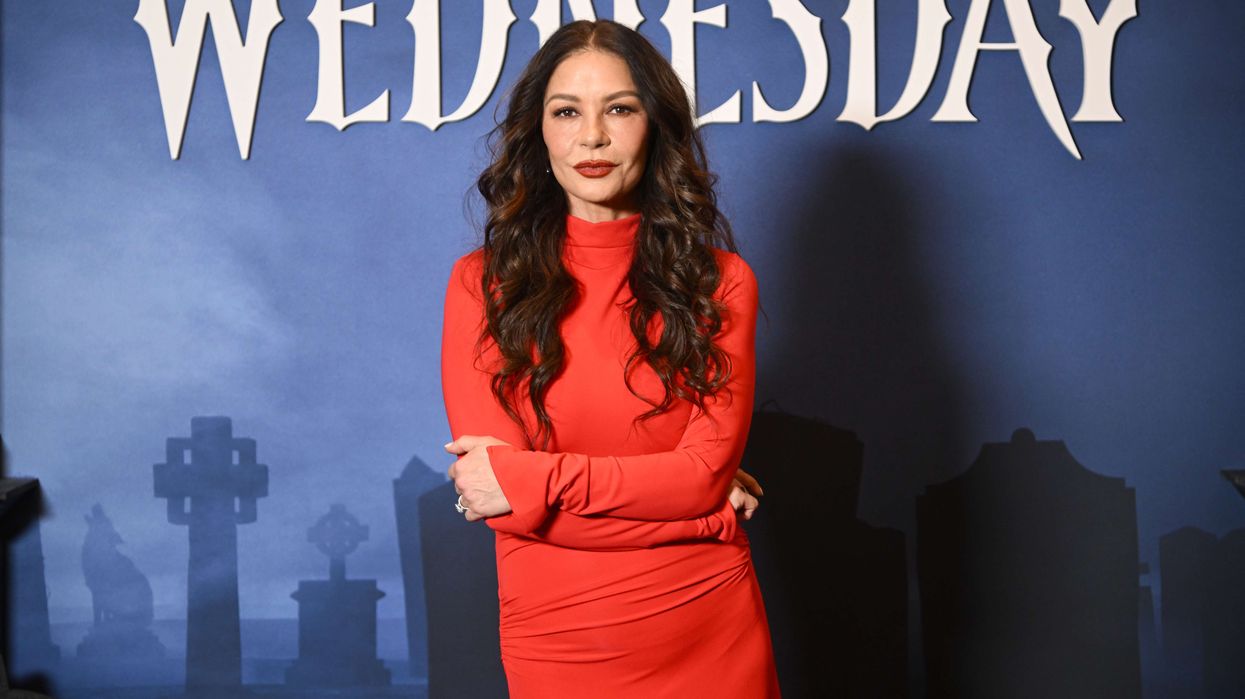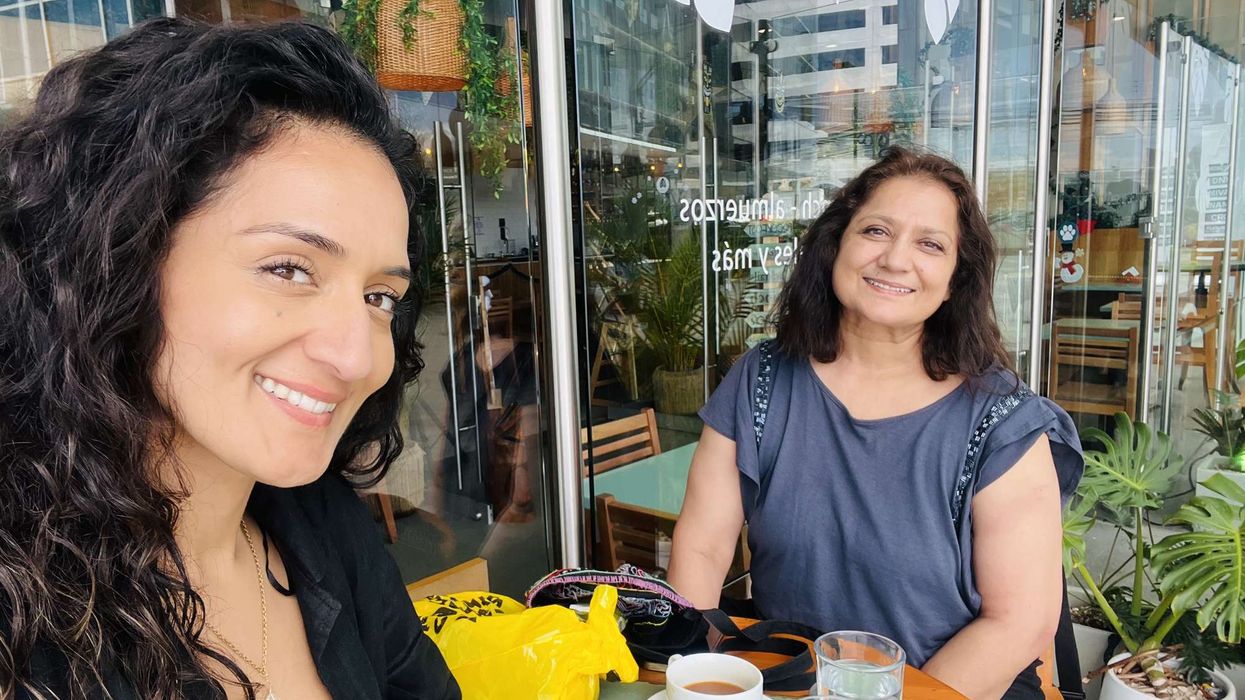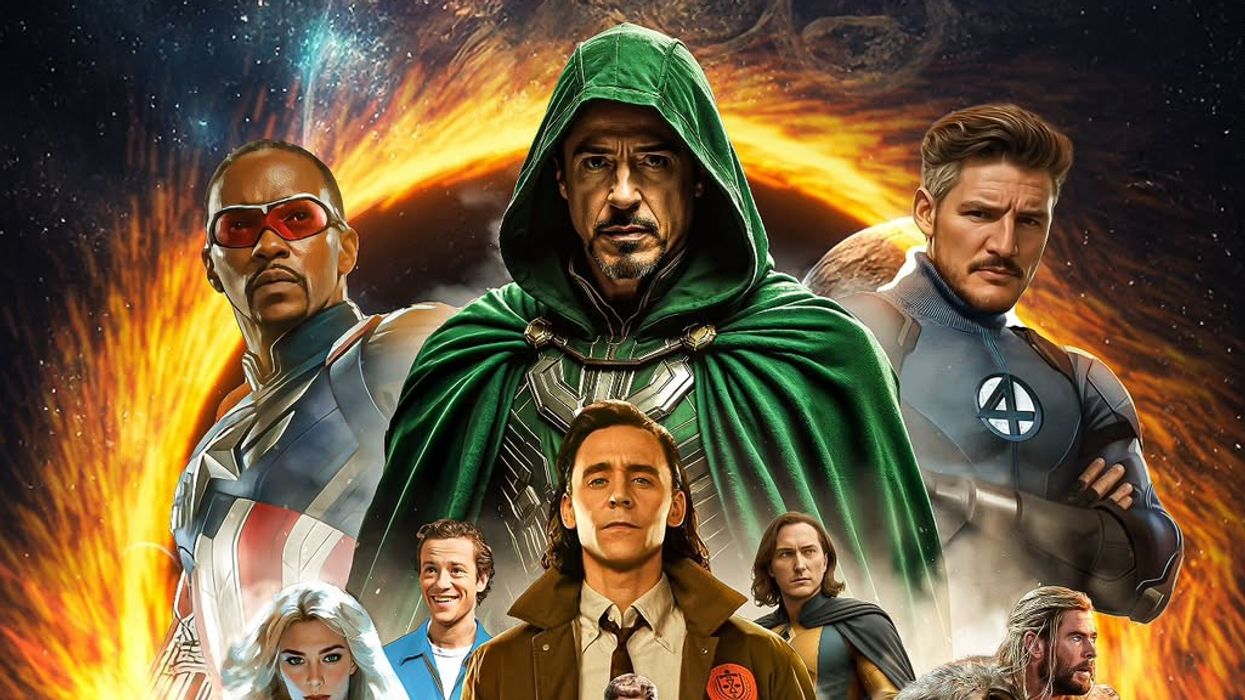AFTER 25 years battling apartheid in his native South Africa, Kumi Naidoo spent the next quarter of a century broadening his fight against injustice by leading global movements for change across a wide spectrum of causes.
Between the early Nineties and today, Naidoo has at various times led Global Call for Action Against Poverty, Global Call for Climate Action, been the first African to head Greenpeace and taken on his current role as Secretary General of Amnesty International, the world’s largest human rights organisation.
The South African born campaigner, who is of Indian descent, was inspired to apply for the role as global head of Amnesty after seeing a letter that Nelson Mandela had written to Amnesty International in 1962, thanking the organisation for sending a representative to observe his trial.
Born in Durban in 1965, Naidoo’s first taste of activism came aged 15 when he organised and took part in an anti-apartheid protest that saw him expelled from his school.
From then on he became more and more involved in organising mass mobilisations against the apartheid regime. In 1986, at the age of 21, Naidoo was charged with violating the state of emergency regulations. He was forced underground, and then into exile in the UK where he stayed until Nelson Mandela was released from prison and liberation movements were unbanned. As the apartheid regime crumbled, Naidoo returned to South Africa in 1990 to work with the African National Congress.
Naidoo has held multiple leadership roles, but his time as Executive Director of Greenpeace International cemented his reputation as a bold activist who championed civil disobedience, most notably when he was arrested in 2011 for scaling a Greenlandic oil rig to hand-deliver a petition in protest against drilling in the Arctic. A year later he occupied a Russian oil rig in the Barents Sea in the Russian Arctic.
His vision for the future direction of Amnesty involves raising awareness of the interconnectedness of the various forms of injustice people face: “You cannot talk about the climate change crisis without recognising that it is also an inequality and race issue; you can’t address sexual discrimination without recognising that it is bound up in the economic exclusion of women; and you can’t ignore the fact that people’s civil and political rights are often suppressed exactly when they are trying to demand basic economic justice.”
Naidoo believes the engine of progress towards human rights is rooted in the universal empathy that builds ‘bridges’ around the world. “Amnesty International was built on the idea that people, regardless of where they are or who they are, take the injustice that other people face personally. And it has proved time and time again that when strangers come together to fight for people that they have never met across the other side of the world, change is possible.”
Naidoo’s most recent role prior to leading Amnesty was as co-founder and interim chair of the pan-African organisation, Africans Rising, which works for justice, peace and dignity. The group, which has forged partnerships across trade unions, religion and civil society, aims to change the fact that while Africa as a continent has benefitted from economic growth, Africans themselves have not shared sufficiently in that increasing wealth and power.







